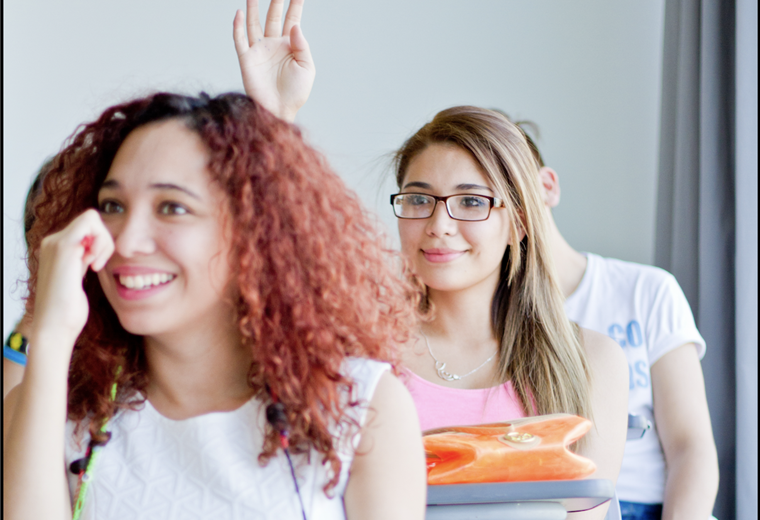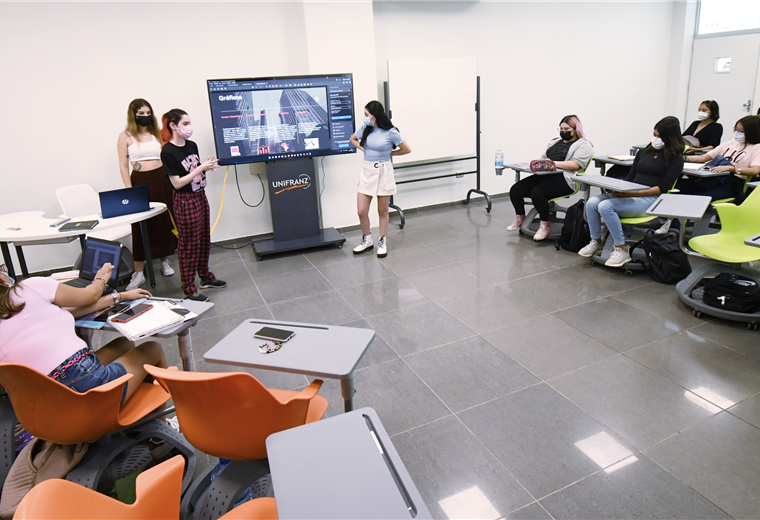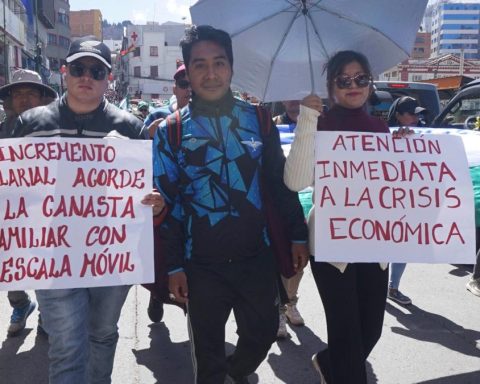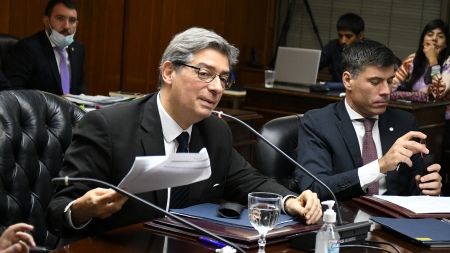January 2, 2023, 8:30 AM
January 2, 2023, 8:30 AM
The world advances in an increasingly changing and disruptive environment. The new information technologies have accelerated processes that, until the last century, were thought unimaginable. This evolution demands that the society adapt to changes permanently. Education is no exception to this transformative dynamic.
World-class universities and higher education institutes are adapting to change and, day by day, they assume innovative processes with 180-degree turns in search of humanization of education itself in the sense of placing the person at the center of the teaching and learning process.
Xavier Aragay, director at Reimagine Education Lab, with more than 25 years of experience in leadership and management of educational change and innovation, ensures that person that emerges from this new form of education is empowered, more autonomous and protagonist active of the learning process.
“The person grows, develops, gets to know himself, assumes the ability to relate to others and, at the same time, learns, but not the other way around, because if we put the emphasis on the mere transmission of knowledge we are forgetting a very important part. A person who develops knowledge only for himself does not make sense”, indicates Aragayauthor of the book “Reimagining education”.
Therefore, education is the foundation that makes people human beings. It is a basic and universal right. Access to it must be guaranteed by governments, in compliance with international conventions and protocols.
The Spanish expert collaborates as an advisor on educational transformation and innovation at the Franz Tamayo University, Unifranz. It is transcendental that the whole society assumes the value of education, he advances him. Families, schools, universities, companies, NGOs, the media, in short, everyone is educating and they are making the new generations understand the world in which they live and can ‘deconstruct’ themselves as people and active citizens.

Students as the central axis of the educational process: supposes a greater role in teaching-learning
Put the student at the center of learning
The student must be at the center of the teaching-learning process, for this it is necessary to intentionally provoke a crisis in those certainties and obsolete learnings so that they change and get in tune with the new demands of education.
“In every classroom there are students who learn differently, because their intelligences are different. Today, neuroscience has taught us (…) that much more is learned if we diversify learning methodologies. For example, there may be times when the teacher talks and the student listens, but the student can also learn by doing”, says Aragay.
Changing methodology implies, for example, that a real-life problem is presented to the student. From that thread it will be the student himself who, individually or in a team, Go solving possible answers, look for information, generate conceptual frameworks, schemes, write or speak.
However, to reach this phase of educational transformation, it is necessary to Open the mind, put mental frameworks in crisis and dare to experiment. The diversification of methodologies makes education more inclusive and inclusive because there are students who can learn by activating different learning modes, because their rhythms are different.
In Bolivia, some universities or higher education institutes have appropriated these new methodologies and have put them into practice with encouraging results based on the “learning by doing” philosophy, putting into practice what they have learned in the classroom and forming work teams. collaborative.
Classical and traditional education, typical of the last century, according to Aragay, has been based only on literacy or mathematical logic, leaving other more constructive intelligences, such as social or artistic, marginalized from the learning process.
“When we use active methodologies and we diversify the system or process of learning we are including many more students that perhaps they are not strong in the first two intelligences but that they can be incorporated into the process of teaching and learning in another way. The deepest change that must be faced is in the mind”, reflects the expert.
The challenge to educational communities is raised. Today, more than ever, it is urgent to reflect on the need to transform educational practices, change the focus and make the collective decision that, together, it is possible to build another education, but this time humanized and transformative.

















